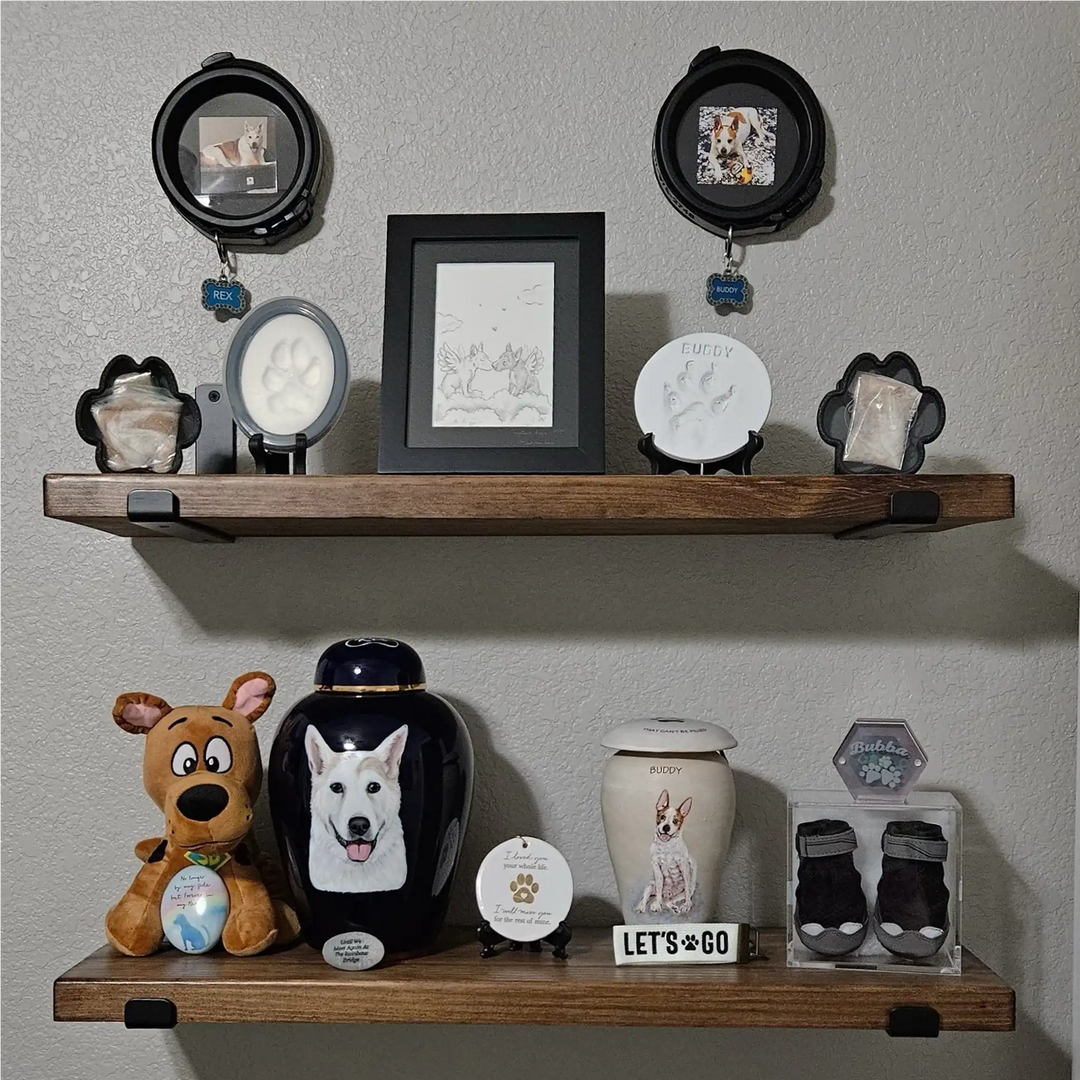Celebrate Pet Wellness Month: Tips for a Healthy and Happy Pet
- Schedule a Vet Check-up
One of the most crucial aspects of pet wellness is regular veterinary care. Schedule a check-up with your veterinarian to ensure your pet is up-to-date on vaccinations, flea and tick prevention, and dental care. Regular vet visits can catch health issues early, increasing the chances of successful treatment.
- Maintain a Balanced Diet
A well-balanced diet is essential for your pet's overall health. Consult with your veterinarian to determine the right food and portion size for your pet's age, breed, and activity level. Avoid overfeeding or feeding them human food that can be harmful. Proper nutrition is a key factor in keeping your pet at a healthy weight and preventing obesity-related health problems.
- Provide Regular Exercise
Exercise is not only vital for your pet's physical health but also for their mental well-being. Dogs need daily walks and playtime, while cats benefit from interactive toys and opportunities to explore. Tailor their exercise routine to their energy level and age, ensuring they stay active and engaged.
- Mental Stimulation
Just like humans, pets need mental stimulation to prevent boredom and anxiety. Provide puzzle toys, treat-dispensing toys, and interactive games to keep their minds engaged. Training sessions also offer mental stimulation and strengthen the bond between you and your pet.
- Grooming and Hygiene
Proper grooming and hygiene are essential for your pet's well-being. Brush your pet's fur regularly to prevent matting and skin issues. Keep their nails trimmed to avoid overgrowth, which can lead to discomfort and injury. Regular baths, dental care, and ear cleaning are also crucial aspects of their grooming routine.
- Preventive Care
Preventive care is key to keeping your pet healthy. Ensure they are protected from parasites like fleas and ticks with appropriate treatments. Additionally, discuss heartworm prevention with your veterinarian, as heartworm disease can be fatal in dogs.
- Pay Attention to Their Behavior
Your pet's behavior can provide valuable insights into their health. If you notice changes in their eating habits, energy level, or behavior, consult your veterinarian promptly. Early intervention can make a significant difference in treatment outcomes.
- Dental Health
Oral health is often overlooked, but it's a critical aspect of pet wellness. Dental problems can lead to pain and even affect other organs. Brush your pet's teeth regularly and provide dental chews or toys to help maintain their oral health.
- Socialization and Interaction
Pets thrive on social interaction. Spend quality time with your pet, providing affection and attention. If you have a dog, arrange playdates or trips to the dog park to encourage socialization. Cats benefit from interactive play and exploration.
- Safety First
Ensure your pet's safety by pet-proofing your home and yard. Keep dangerous chemicals, plants, and small objects out of their reach. Secure your fence to prevent escapes, and use a leash or harness when going for walks.
Pet Wellness Month is a perfect opportunity to recommit to your pet's health and happiness. By following these tips, you can ensure that your furry friend enjoys a long, healthy, and joyful life by your side. Remember that the love and care you provide are the greatest gifts you can give to your pet. Happy Pet Wellness Month!
The content on this blog is not to be taken as advice. All information posted is for informational and educational purposes. It is not intended as a substitute for professional advice. Whisker & Fang management and staff are not responsible for how the information found here is used. If you need help, please seek professional counsel from a mental health professional.






Leave a comment